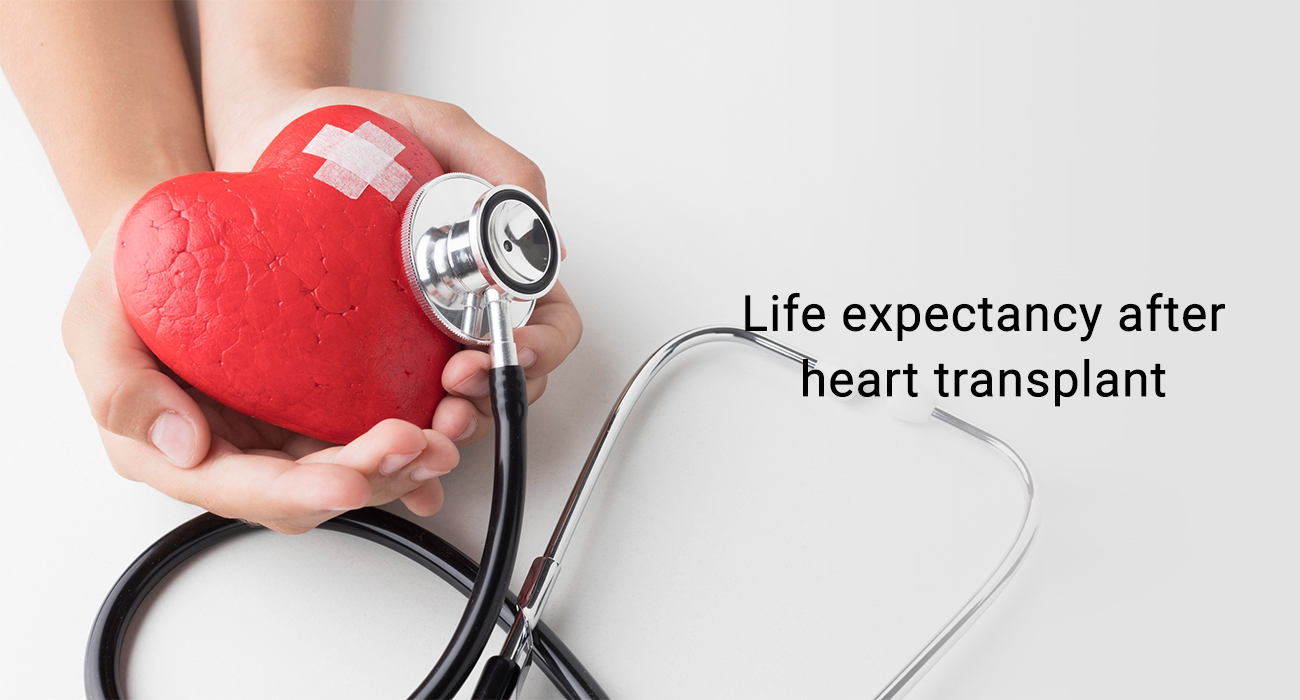11/25/2022
The heart is one of the most important organs in the body as it beats non-stop in order to transport oxygen and nutrients to the entire body. Any abnormality in the heart may cause severe life-threatening conditions. Some heart conditions are congenital which means that it is present since birth. Whereas other heart conditions are due to a sedentary or inactive lifestyle, smoking, consumption of alcohol or drugs, and unhealthy dietary habits. Exercise changes in lifestyle and dietary habits can have a huge impact in preventing heart conditions or hard diseases but still, there are a few heart diseases that may require heart surgery or a heart transplant. The condition of the person and the severity of the condition determines whether the person requires a transplant or not. Further, if the heart is unable to perform its function or in case of heart failure a heart transplant is more than necessary. Getting a donor is one of the biggest problems in the case of a heart transplant. There are more patients that require heart transplants as compared to the donors. Further, it is also necessary that the resident body should accept the donor's heart, or else it might lead to a threatening condition. Furthermore, a heart transplant is a major operation and requires expert cardiologists who have years of performing a heart transplant as it increases the chances of survival. The life expectancy after a heart transplant is very promising. It is seen that individuals who have gone for a heart transplant have lived more than 12 years and there are over 85% of chances of survival.
Conditions that require a Heart Transplant:
There are several conditions in which a heart transplant may be required; some of these conditions are treated with the help of a pacemaker that is used as a temporary fix for the heart. In most cases, people with the pacemaker are able to live longer and no longer require a heart transplant. Still, there are some individuals who do require a heart plant and those conditions may be:
- Heart valve disease
- Congenital heart defects
- Heart abnormality
- Weak heart muscle or cardiomyopathy
- Heart failure
- Abnormal heart rhythm
- Ventricular arrhythmia
- Coronary Artery Disease
- Hypertension
- Viral infection of the heart muscle
- Pulmonary hypertension
- Heart attack
- Chronic obstructive pulmonary disease COPD
- Drug abuse
- Enlarged heart muscle
- Low red blood cell count
- Stiff heart muscle
What are the risk factors associated with a Heart Transplant:
Every surgery has some other kind of complication, similarly having a heart transplant also come with some risks some of which mainly include:
- Breathlessness
- Kidney failure
- Excessive bleeding during the surgery
- Blood clot
- Heart failure
- Heart attack
- Stroke
- Failure of the donor's heart
- Heart muscle damage
- Infection
- Lung problem
- Coronary allograft vasculopathy
Preparation of a Heart Transplant:
Everyone cannot be a candidate for a heart transplant as there is a wide range of conditions that do not allow a person to be eligible for the transplant. In order to verify if the person is capable of having a heart transplant the doctor or the expert cardiologist in India evaluates the condition of the patient thoroughly. The evaluation process includes a psychological and social evaluation that consists of stress, financial issues, support from the family, the mental condition of the patient, etc. It is then followed by a blood test in order to test if the patient is a good match for the donor and if there is no possibility of rejection. Further, Diagnostic tests such as X-rays, CT scans, ultrasound, and pulmonary function tests, are also done in order to assess the condition of the patient.
The procedure of the heart transplant may vary depending on the condition of the patient and the cardiologist performing the surgery.
- Firstly, the anesthesiologist provides anesthesia so that the patient is asleep during the heart transplant procedure.
- Then the doctor starts putting intravenous medicines to give intravenous fluids. Then a catheter is inserted in the blood vessel under the collarbone or the groin area.
- After that a small tube is inserted into the bladder to drain the urine and another tube is inserted through the mouth into the stomach to drain the stomach fluids.
- The cardiologist then cuts the breast bone and separates it into two halves and puts a tube into the chest so that the blood can be pumped through a heart-lung machine.
- When the blood is diverted to the heart-lung machine completely, then the doctor removes the diseased heart and replaces it with the donor's heart. After the heart is fully connected and the blood circulation system is working then the machine is removed and the surgeon closes the incisions.
- The patient is then kept in the intensive care unit for observation and is discharged when there are no complications or risk of infection.
Eternal Hospital is one of the best heart hospitals in Jaipur which is famous for its expertise in cardiology. The department of cardiology consists of the best heart specialist in Jaipur who have years of experience in treating critical cardiac cases. If you are looking for cardiac surgery or have any query regarding heart disease then contact Eternal hospital for expert assistance and care.

